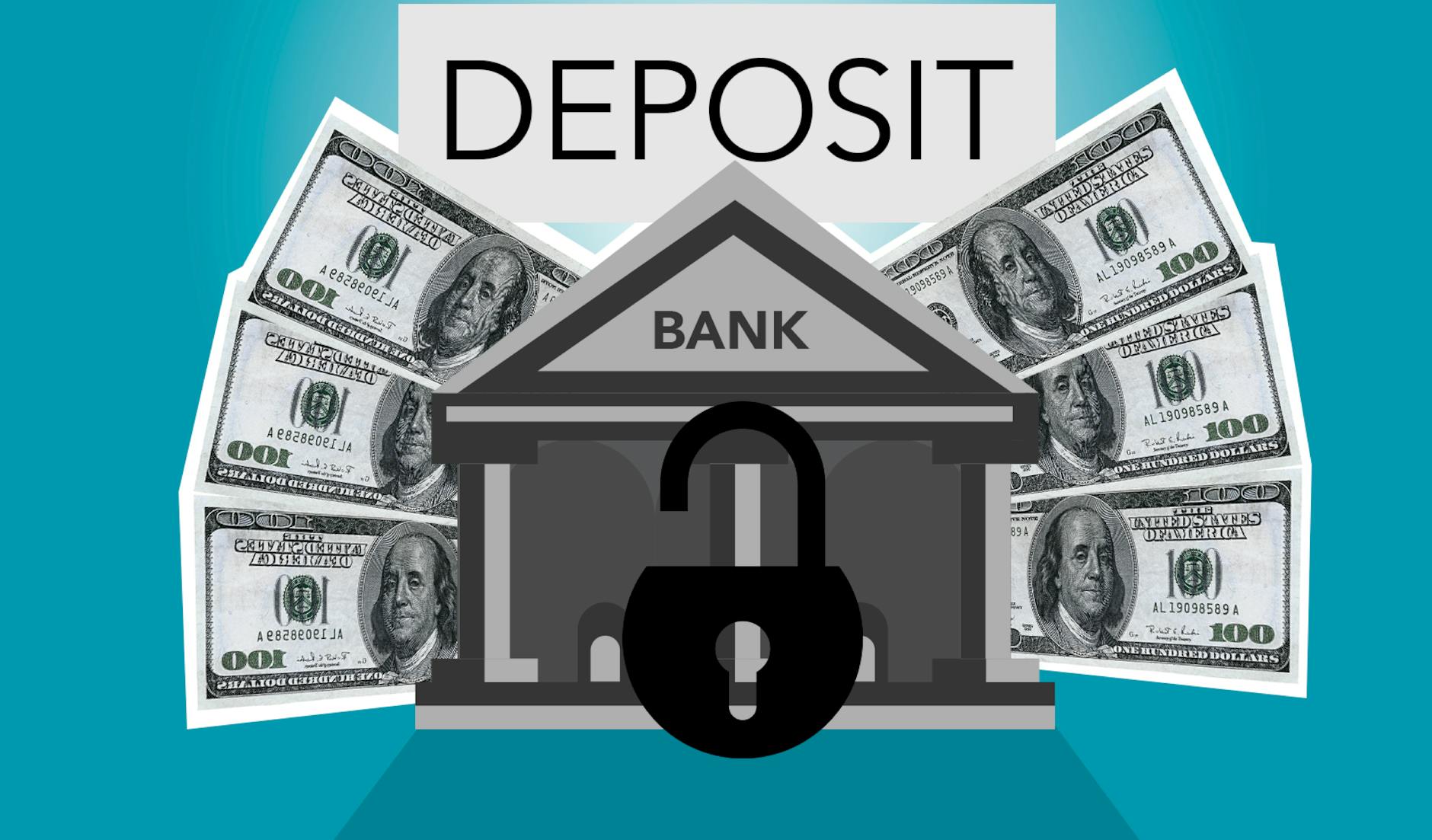Is Zelle Considered a Direct Deposit for Tax Purposes?
Zelle is no longer a new name when we discuss mobile payment platforms, it is a popular choice especially for those who are looking for a simple way to send and receive money.
However, one common question that arises is whether Zelle can be considered a direct deposit, especially for tax-related purposes.
In this article, we will clearly analyze Zelle and see whether it qualifies a⁸s a direct deposit.
What is Zelle and How Does It Work?
Before we continue with the question, let’s first understand what Zelle is and how it functions.
Zelle is a digital payment platform that you can simply use to transfer money quickly and securely from one bank account to another.
It has gained popularity especially because of the fact you can use it easily, the speed at which transactions can be completed with Zelle is top-notch unrivaled.
You can simply send money directly from your bank account to another person’s bank account, funny enough, the only requirement is an email address or a mobile phone number.
Is Zelle Considered a Direct Deposit?
Now, let’s address the primary question: Is Zelle considered a direct deposit? To answer this, we sure have to understand what a direct deposit is.
In a traditional sense, a direct deposit is when a payment is made electronically from one bank account to another.
Direct deposits most times come into play with recurring payments for example salaries, your Social Security benefits, and even tax refunds.
For Zelle, it does not actually involve electronic fund transfers between bank accounts, Zelle is used for peer-to-peer payments,with Zelle, you can simply transfer money to each other.
Maybe you want to pay bills, or repay loans, or even send gifts to your loved ones.
Unlike traditional direct deposits, Zelle transactions are most times initiated by individuals rather than organizations or employers.
Read Also: Can’t add Vanilla Gift Card to PayPal? Try this
Comparing Zelle to Traditional Direct Deposit Methods
To gain a better perspective and understanding of what we’re discussing here, let’s compare Zelle to traditional direct deposit methods:
Advantages of Using Zelle for Direct Deposits:
- Speed: Zelle transactions are processed quickly, often within minutes. This can be advantageous when you need access to funds promptly.
- Convenience: Zelle can be accessed through Different banking apps and websites, this makes it easy for you to initiate transfers from your mobile devices or computers.
Disadvantages of Using Zelle for Direct Deposits:
- Limited Use Cases: Zelle is primarily designed for peer-to-peer payments. While you can use it for various transactions, it may not be suitable for all types of direct deposits.
- Security Concerns: Though Zelle transactions are generally secure, there is always a risk associated with any online financial activity.
Requirements for Using Zelle as a Direct Deposit Method
To use Zelle for direct deposits, there are certain requirements you may need to consider:
- Bank Account: You need to have a bank account that is linked to Zelle. Both the sender and receiver must have bank accounts to facilitate the transaction.
- Access to Zelle: Make sure that your bank or financial institution offers Zelle as a service. Most major banks in the United States support Zelle, but you still need to verify with your specific bank.
Financial Institutions’ View on Zelle in Relation to Direct Deposits
Banks and financial institutions have Different policies and attitudes toward the use of Zelle for direct deposits.
Some banks may allow certain types of direct deposits through Zelle, while others may recommend using traditional direct deposit methods for more formal transactions, such as payroll deposits.
Conclusion
Zelle is considered a direct deposit depending on the context and the specific requirements of the transaction.
While Zelle is an efficient way to transfer money electronically, especially for personal transactions, it may not always meet the criteria of a traditional direct deposit.
So you need to understand the nature of your financial transaction and maybe consult with your bank or financial institution to determine the most suitable method.
FAQs
- Is Zelle a direct deposit option for receiving my salary?
-
-
- Zelle is primarily used for personal transactions, so it may not be the ideal choice for receiving your salary. Check with your employer to see if it’s an available payment option.
-
- Can I use Zelle for tax refunds?
-
-
- While some tax preparation services offer the option to receive refunds via Zelle, you still need to verify with your tax agency.
-
- Are there fees associated with using Zelle for direct deposits?
-
-
- Most banks allow Zelle as a free service, but it’s not such a bad idea to check with your bank for any potential fees.
-
- Is Zelle more secure than traditional direct deposits?
-
- Zelle transactions are secure, but both methods have their security measures.
5.Can I use Zelle for government benefit deposits?
- Zelle may not be the primary method for receiving government benefits. So try and check with the government agency responsible for benefits to see if it’s allowed
Discover more from Tech For Guide
Subscribe to get the latest posts sent to your email.

